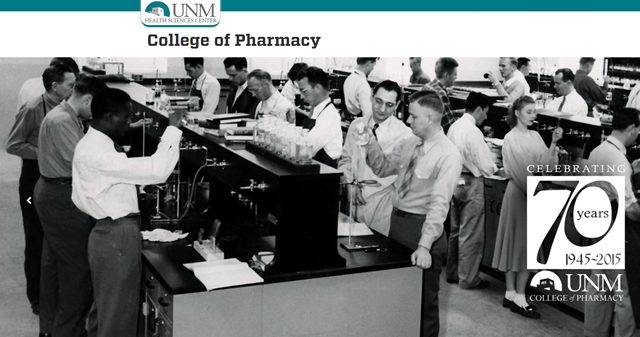
Pharmaceutical Sciences ETDs
Publication Date
Winter 1-31-2022
Abstract
Staphylococcus aureus is a pathogenic bacteria that causes significant morbidity and mortality. As antibiotic resistance by S. aureus continues to be a serious concern, developing novel drug therapies to combat these infections is vital. Quorum sensing inhibitors (QSI) dampen S. aureus virulence and facilitate clearance by the host immune system by blocking quorum sensing signaling that promotes upregulation of the accessory gene regulator (agr) operon. While QSIs have shown therapeutic promise in mouse models of S. aureus infection, their further development has been hampered by the suggestion that agr inhibition promotes biofilm formation. In these studies, we investigated the relationship between agr function and biofilm growth across various S. aureus strains and experimental conditions, including in a mouse model of implant associated infection. We found that agr deletion was associated with increased biofilm only under narrow in vitro conditions and, crucially, was not associated with enhanced biofilm development in vivo.
Fourth Committee Member
Graham Timmins
Fifth Committee Member
Alexander Horswill
First Committee Member (Chair)
Pamela Hall
Degree Name
Pharmaceutical Sciences
Second Committee Member
Seth Daly
Level of Degree
Masters
Third Committee Member
Renee-Claude Mercier
Department Name
College of Pharmacy
Document Type
Thesis
Recommended Citation
Jordan, Sarah C.. "The Role of the Accessory Gene Regulator Operon in Biofilm Formation by Staphylococcus aureus." (2022). https://digitalrepository.unm.edu/phrm_etds/29


